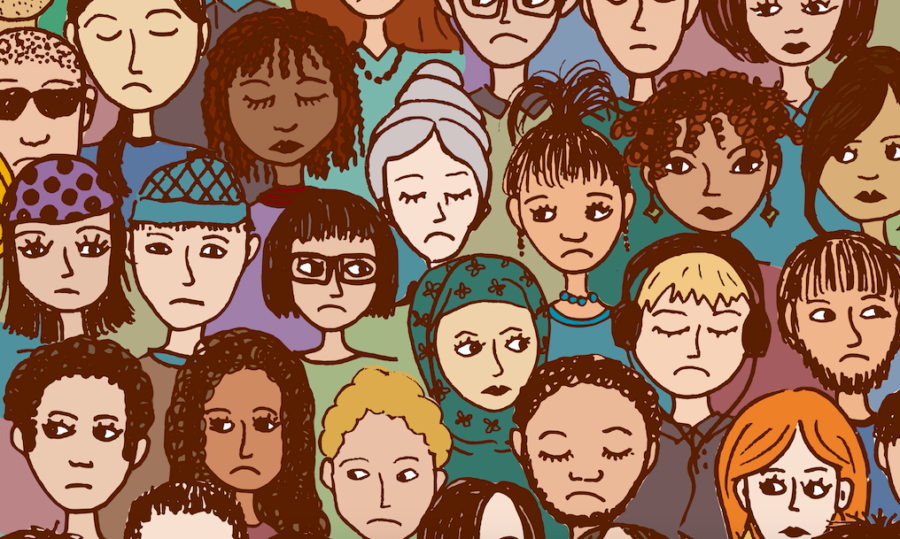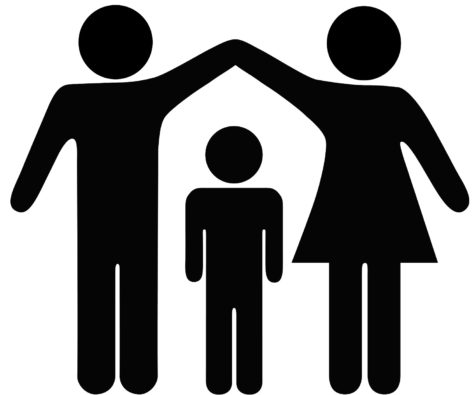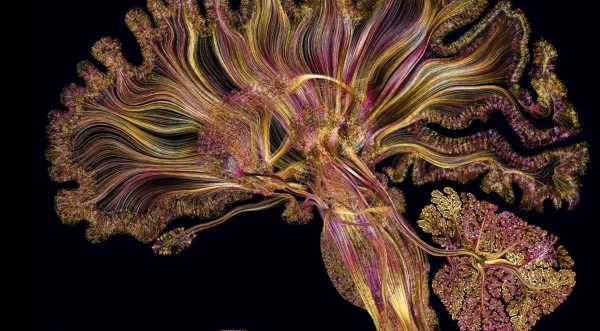Absurdism, Sociophobia, and Misanthropy
May 21, 2018
Throughout life, different challenges that emerge make one question the meaning of human species. At the moment when one thinks that one has attained maximum happiness, something bad comes up and distorts that happiness. It takes a strong individual to have the courage to pursue the meaning of life, bearing in mind that losing is inevitable. There are those who have studied very hard to get good grades and jobs but end up dying without enjoying the fruits of their work. Some parents have invested all their resources in educating their children but their children have failed in life or turned to drugs. The above are just but a handful of examples of things that may make one question the meaning of life. Is life worth the effort that people give it? In response to this question, society ends up having three types of people: absurdists, sociophobics, and misanthropists. Nagel defined absurdity as a state of thinking about the end of the world and finding that nothing makes sense. In Dazai Osamu’s book No Longer Human, the absurdist protagonist sees no meaning in life because his every struggle seems to be in vain. When one works hard to avoid trouble, troubles keep coming back. People will never be free from struggles. Throughout life, everything that happens takes away the energy of man. One thing that man is certain of is that one day he will eventually die. The problem is that one does not know when one will die. Death happens abruptly and all the efforts that man put into life go to waste. Sometimes one may have amassed wealth, built a good house, and set aside savings but those that are left to inherit end up misusing the property. At this point, one is left wondering whether life is indeed worth the struggle and efforts that people give it. Absurdists end up concluding that there is no need to struggle because there is no eternity.
Sociophobia arises when an individual loses faith in humanity (Beek, 1995), particularly because people are afraid of negative evaluation in public places (Furmack, 2000). In a society where people are judged by their performance, sociophobics are unable to develop confidence in themselves because of the embarrassment they may have suffered from others. An example is being in a school where poor performers are ranked and one is constantly embarrassed by friends. It can also happen when one finds that their friends keep criticizing everything they do. This may make one avoid social interactions because of negative judgments from peers.
Misanthropy is closely related to the two terms above but is more of negative feeling towards others. Misanthropic individuals hate humanity because they were once hurt by others. An example is when one gets a good friend in school, they love one another and share secrets of life before the other person ends up being unreliable. When the hurt keeps occurring from two or three more friends, it is possible that one ends up hating all people by claiming that all people are evil (Tyler, 2014). This may not be the case because there is always something good that one can appreciate in people. It hurts to dwell on negativity. Misanthropists may end up seeking vengeance and not trusting anyone because they have total hatred for all people.
At one point in life, one will encounter all of the three types of people above. When this happens, one has to understand that it is a way of life and one does not have to critique everything. One has to embrace the life the way it is and not dwell on the negativity. It is true that some things may make one question life, but life has its full meaning when one does something meaningful today. The best life is the one that an individual lives today. It does not make sense to dwell on losses or failures.
References
Beek, J., W. (1995). Overcoming social phobia. Retrieved from
http://www.wpanet.org/uploads/Education/Educational_Programs/Social_Phobia/.
Social-Phobia-Theory-Book.pdf
Furmack, T. (2000). Social phobia. Comprehensive Summaries of Uppsala
Dissertations from the Faculty of Social Sciences. Retrieved from
http://www.diva-portal.org/smash/get/diva2:166039
FULLTEXT01.pdf&sa=U&ei=ufFqU7T7EYu2yASckIKwAg&ved=0CCgQFjAC&usg=
AFQjCNFMAFBLSyIDfaFbHr6zZEVRH2lvgA
Nagel, T. (1971). The absurd. The Journal of Philosophy, 68 (20), 716-727. Retrieved
from https://philosophy.as.uky.edu/sites/default/files/The%20Absurd%20-
%20Thomas%20Nagel.pdf
Osamu, D. (1973). No longer human.Plato on misanthropy (2013). Academy of Ideas.
Retrieved from https://academyofideas.com/2013/10/plato-on-misanthropy/
Tyler, T. (2014). Misanthropy without humanity. Retrieved from
http://www.cyberchimp.co.uk/research/pdf/Tyler_Misanthropy.pdf






